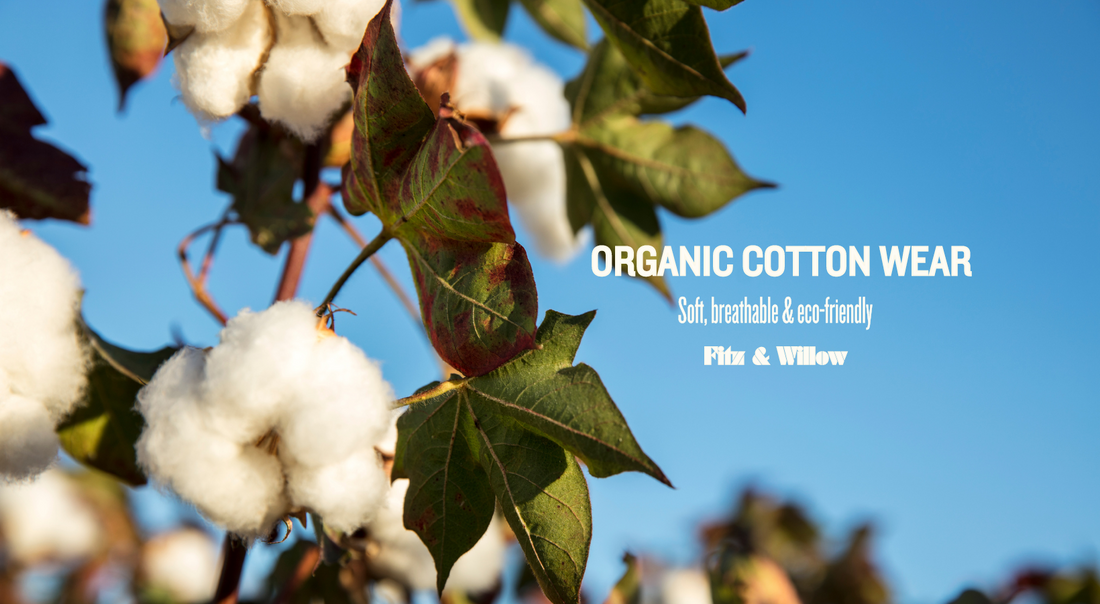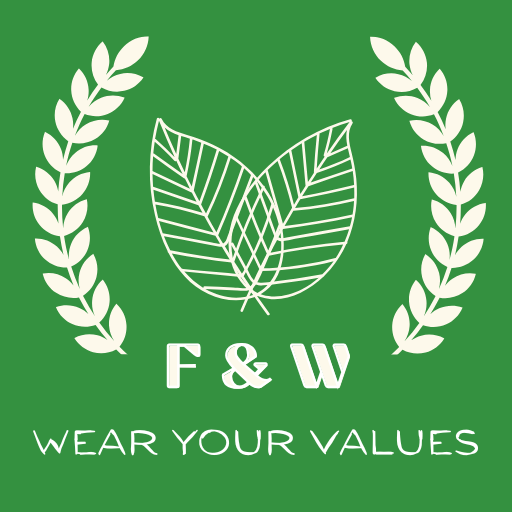
Why Organic Cotton is Better: Benefits for You and the Planet
Share
In recent years, there's been a growing awareness of the environmental and health impacts of conventional cotton production. As a result, many consumers are turning to organic cotton as a more sustainable alternative. But what exactly makes organic cotton better? Let's explore the benefits for both you and the planet.
1. Environmental Impact: Organic cotton is grown without the use of synthetic pesticides, fertilizers, or genetically modified seeds. This reduces the overall chemical load on the environment, protects biodiversity, and promotes healthier soil and water systems.
2. Healthier for Farmers and Communities: Conventional cotton farming involves the use of harmful pesticides and chemicals, which can pose serious health risks to farmers and nearby communities. By choosing organic cotton, you're supporting farming practices that prioritize the well-being of agricultural workers and their families.
3. Reduced Water Usage: Organic cotton farming typically requires less water than conventional methods. By avoiding the use of synthetic chemicals that can strip the soil of its natural moisture-retaining properties, organic cotton farmers help conserve water resources and promote more sustainable irrigation practices.
4. Softer and Safer Textiles: Organic cotton fibers are known for their softness and durability, making them ideal for clothing, bedding, and other textiles. Since organic cotton is free from harsh chemicals and toxins, it's gentler on sensitive skin and less likely to cause irritation or allergic reactions.
5. Support for Sustainable Agriculture: By choosing organic cotton products, you're supporting farmers and brands that are committed to sustainable agriculture practices. Organic farming methods promote soil health, biodiversity, and long-term environmental stewardship, helping to build a more resilient and regenerative food and fiber system.
6. Certified Standards: Organic cotton is typically certified by reputable organizations such as the Global Organic Textile Standard (GOTS) or the Organic Content Standard (OCS). These certifications ensure that the cotton is grown and processed according to strict organic standards, providing transparency and credibility for consumers.
7. Ethical Supply Chains: Many brands that use organic cotton also prioritize ethical labor practices and fair wages throughout their supply chains. By choosing organic cotton products, you're supporting companies that value workers' rights and promote social responsibility.
In conclusion, the benefits of organic cotton extend far beyond just the quality of the fabric. By opting for organic cotton products, you're making a positive impact on the environment, supporting sustainable agriculture, and promoting healthier and safer textiles for yourself and future generations. Make the switch to organic cotton today and join the movement towards a more sustainable and ethical fashion industry.
